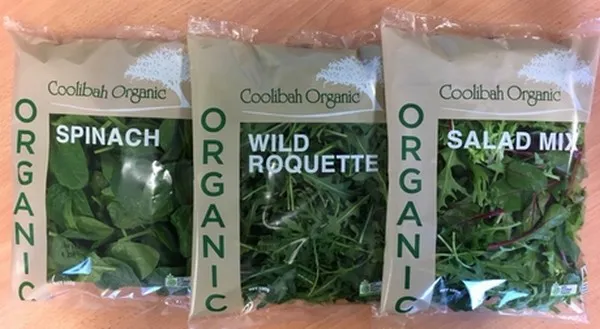Last Thursday marked the 200th day in lockdown since May 2020 for those in Victoria, Australia. This means they have spent more time in lockdown than out since the pandemic began.
Vincent Eysseric, production and marketing manager at Coolibah Herbs, which grows salad and herbs in the state, says they are still in the same situation that they were a year ago with hospitality closed yet again.

“The biggest problem is that we get such short notice when we are going into lockdown,” explains Vincent. “I understand that the government has to react quickly to limit the spread but from a production point of view it is a big headache. We produce to supply the wholesale markets as well as the retailers so on a Friday we have a lot of produce harvested and packed for the weekend restaurant trade and if there is a lockdown there are no buyers for that produce. We are by no means the only ones affected, the restaurants also buy stock in advance and when they can’t open, they have no choice but to throw it away. This uncertainty makes it very difficult for all businesses to function.”
Coolibah Herbs is in a more fortunate situation than a lot of people as 40% of their produce goes to retailers and they can switch over to supplying more to retailers very quickly.
“People are still eating the same, if not more fresh produce, they are just buying it in the supermarkets and cooking at home instead of eating out. We are very fortunate that our turnover has been similar to 2019/2020, some are in a much worse situation. Despite government subsidies businesses are suffering and people can’t continue to operate like this.”
Export is also still challenging with airfreight costing three times more than before the pandemic, without government subsidies it would be four or five times more expensive according to Vincent.
“If you export a high value product such as lobster then you can absorb the cost better, but with a product like spinach is not so easy. We have been able to increase our exports by one or two percent this year as customers are coming back, while at the same time the Gippsland region suffered from flooding, which affected supply from there.”
For more information:
Vincent Eysseric
Coolibah Herbs
Tel: +61 3 5998 2217
Email: production@coolibah.com.au
www.coolibahherbs.com.au
